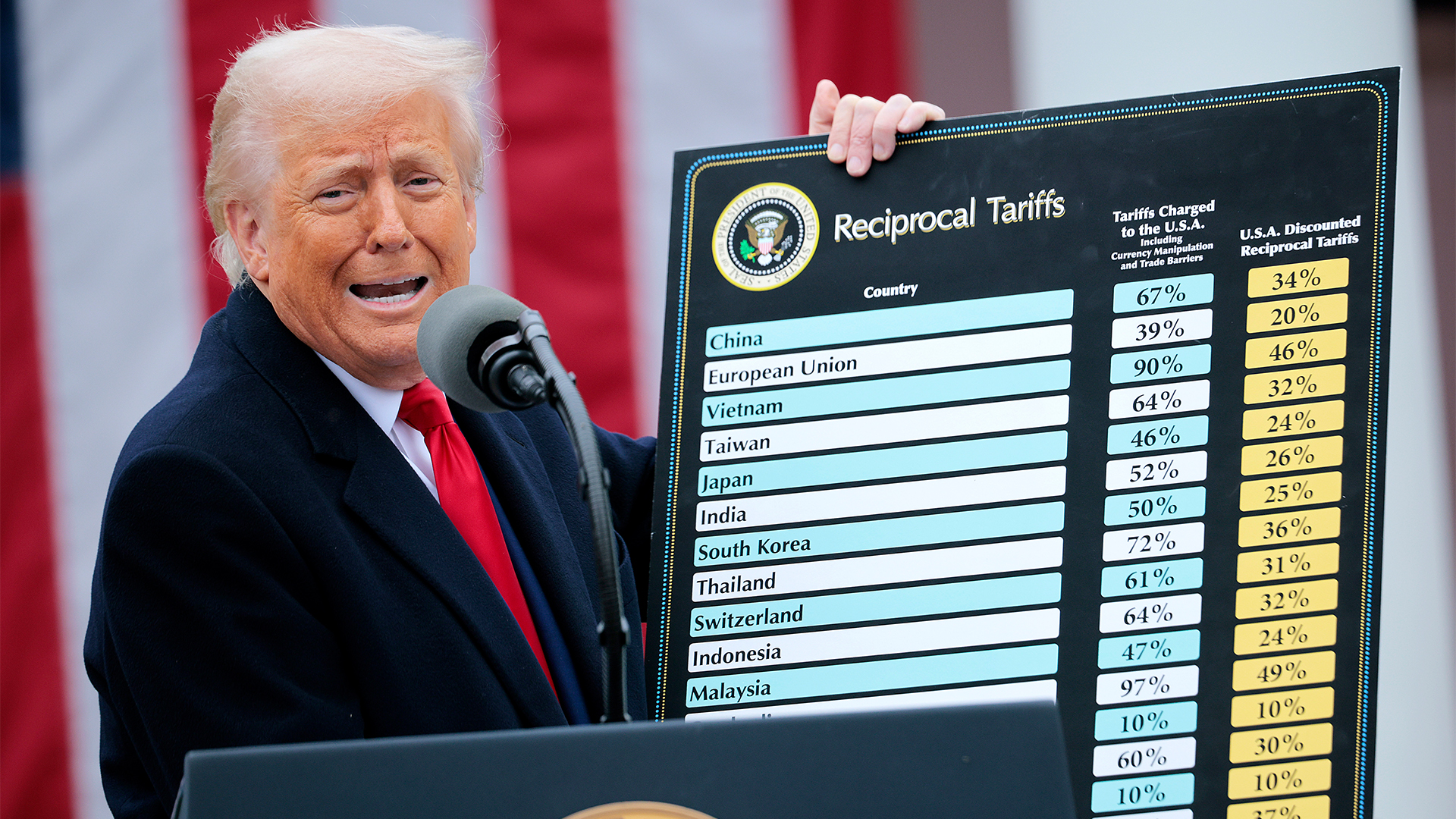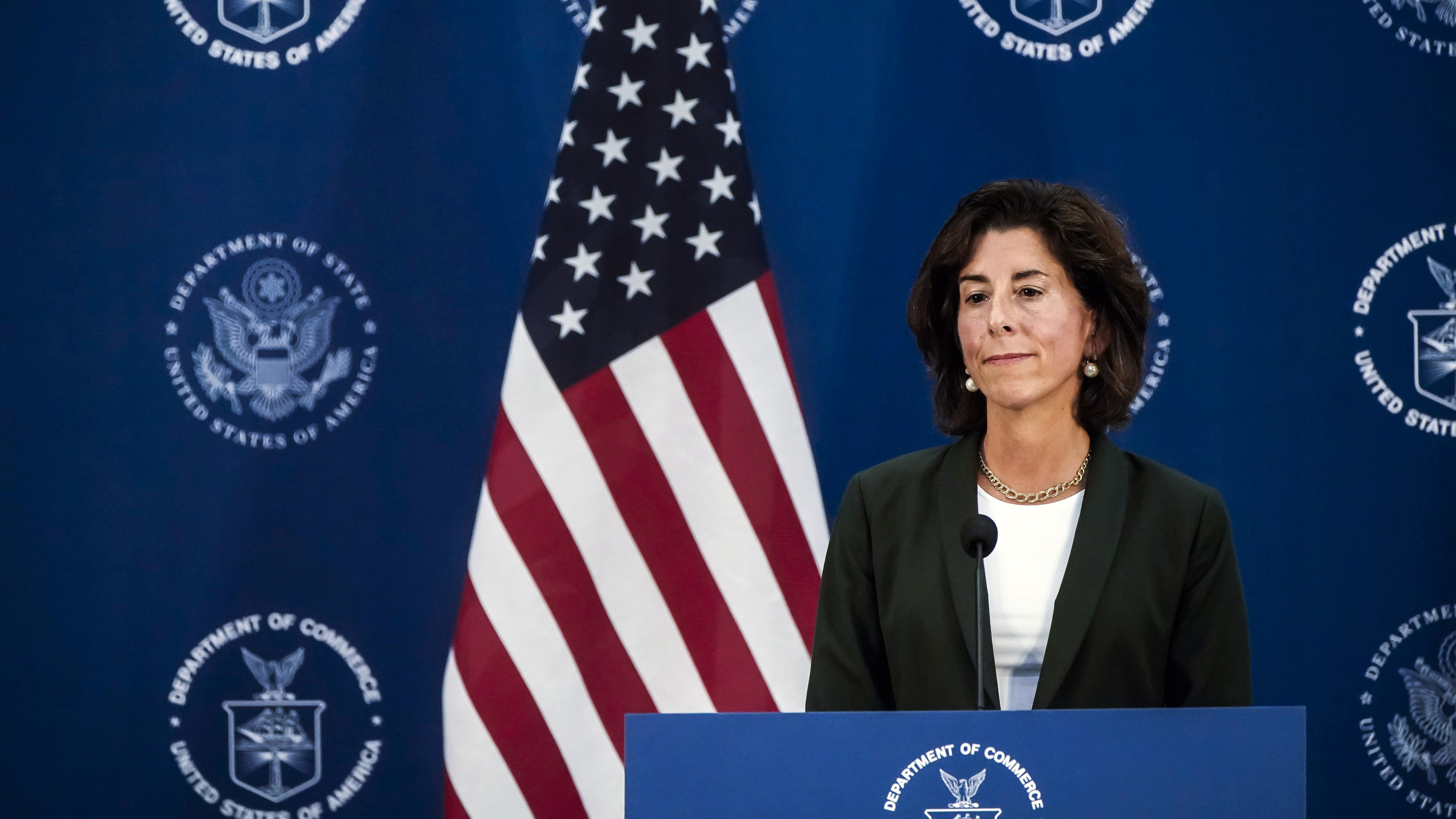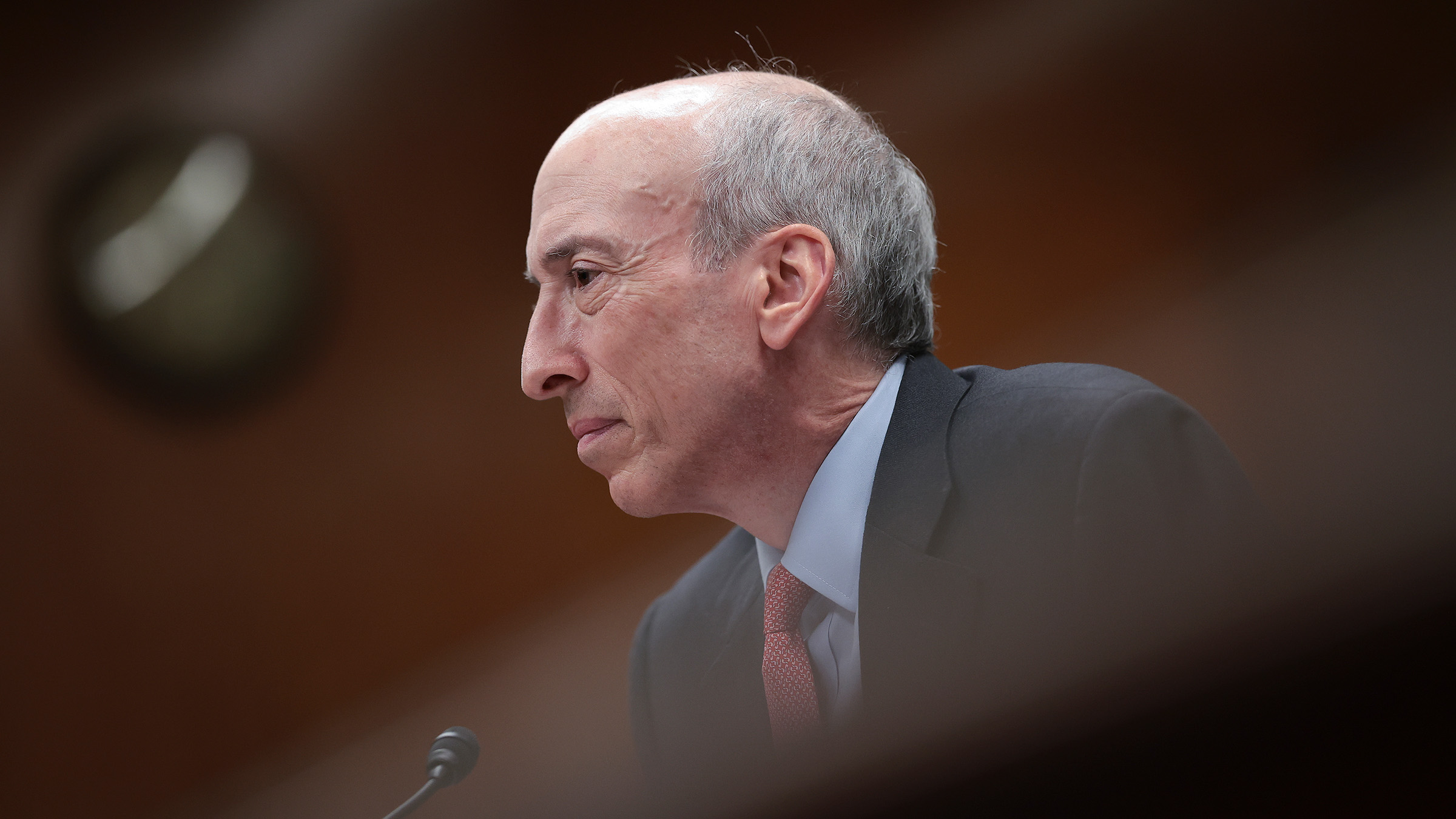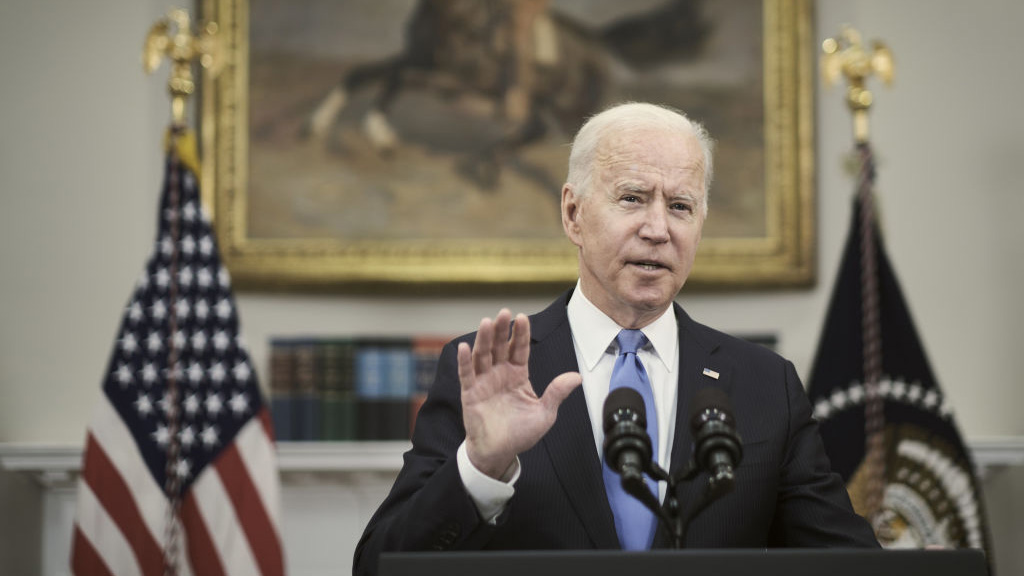US plans big tech regulatory framework
The White House has outlined six principles it aims to follow in order to reform big tech


The White House has unveiled six principles to reform big tech after meeting with experts yesterday.
The US government organised a meeting on tech platform accountability where it focused on the harms that tech platforms cause and the need for greater accountability. The event brought together representatives from various organisations including the Center for Democracy and Technology, the Mozilla Foundation, and Sonos.
The first principle is to promote competition in the technology sector, the Biden-Harris administration said at the event. It said that a small number of dominant internet platforms use their power to exclude market entrants, engage in rent-seeking, and gather intimate personal information that they can use to their advantage. It underlined clear rules are needed to level the playing field for small and mid-sized businesses as well as entrepreneurs.
The second principle is to provide robust federal protections for US citizens’ privacy. The administration called for clear limits on the ability to collect, use, transfer, and maintain our personal data, including limits on targeted advertising. It said especially strong protections were needed for sensitive data like geolocation and health information, including reproductive health.
The third principle is to protect children by putting in place even stronger privacy and online protections for them, including prioritising 'safety by design' standards and practices for online platforms, products, and services.
The fourth principle is to remove special legal protections for large tech platforms. They are currently protected by protections under Section 230 of the Communications Decency Act which broadly shield them from liability even when they host or disseminate illegal, violent conduct, or materials.
The fifth principle is to increase transparency about platforms’ algorithms and content moderation decisions. The administration said that platforms are failing to provide sufficient transparency to allow the public and researchers to understand how and why decisions around their content are made, their potential effects on users, and the very real dangers these decisions may pose.
Get the ITPro daily newsletter
Sign up today and you will receive a free copy of our Future Focus 2025 report - the leading guidance on AI, cybersecurity and other IT challenges as per 700+ senior executives
Lastly, the administration’s sixth principle is to stop discriminatory algorithmic decision-making. It called for strong protections to ensure algorithms do not discriminate against protected groups, such as by failing to share key opportunities equally, by discriminatorily exposing vulnerable communities to risky products, or through persistent surveillance.
“Although tech platforms can help keep us connected, create a vibrant marketplace of ideas, and open up new opportunities for bringing products and services to market, they can also divide us and wreak serious real-world harms,” said the White House. “The rise of tech platforms has introduced new and difficult challenges, from the tragic acts of violence linked to toxic online cultures, to deteriorating mental health and wellbeing, to basic rights of Americans and communities worldwide suffering from the rise of tech platforms big and small.”
Earlier this week, a bipartisan US antitrust bill which might soon be voted on in the Senate faced fierce opposition from tech giants. There were reports that Google, Apple, Amazon, and Meta have spent around $95 million since 2021 to lobby against support for the bill, which the tech giants said will limit their ability to run platforms effectively.
Zach Marzouk is a former ITPro, CloudPro, and ChannelPro staff writer, covering topics like security, privacy, worker rights, and startups, primarily in the Asia Pacific and the US regions. Zach joined ITPro in 2017 where he was introduced to the world of B2B technology as a junior staff writer, before he returned to Argentina in 2018, working in communications and as a copywriter. In 2021, he made his way back to ITPro as a staff writer during the pandemic, before joining the world of freelance in 2022.
-
 Bigger salaries, more burnout: Is the CISO role in crisis?
Bigger salaries, more burnout: Is the CISO role in crisis?In-depth CISOs are more stressed than ever before – but why is this and what can be done?
By Kate O'Flaherty Published
-
 Cheap cyber crime kits can be bought on the dark web for less than $25
Cheap cyber crime kits can be bought on the dark web for less than $25News Research from NordVPN shows phishing kits are now widely available on the dark web and via messaging apps like Telegram, and are often selling for less than $25.
By Emma Woollacott Published
-
 IDC warns US tariffs will impact tech sector spending
IDC warns US tariffs will impact tech sector spendingNews IDC has warned that the US government's sweeping tariffs could cut global IT spending in half over the next six months.
By Bobby Hellard Published
-
 US government urged to overhaul outdated technology
US government urged to overhaul outdated technologyNews A review from the US Government Accountability Office (GAO) has found legacy technology and outdated IT systems are negatively impacting efficiency.
By George Fitzmaurice Published
-
 US proposes new ‘know-your-customer’ restrictions on cloud providers
US proposes new ‘know-your-customer’ restrictions on cloud providersNews The US aims to stifle Chinese AI competition with new restrictions on cloud providers to verify foreign data center users
By Solomon Klappholz Published
-
 How to empower employees to accelerate emissions reduction
How to empower employees to accelerate emissions reductionin depth With ICT accounting for as much as 3% of global carbon emissions, the same as aviation, the industry needs to increase emissions reduction
By Fleur Doidge Published
-
 SEC passes rules compelling US public companies to report data breaches within four days
SEC passes rules compelling US public companies to report data breaches within four daysNews Foreign entities trading publicly in the US will also be held to comparative standards
By Rory Bathgate Published
-
 Worldwide IT spending to grow 4.3% in 2023, with no significant AI impact
Worldwide IT spending to grow 4.3% in 2023, with no significant AI impactNews Spending patterns have changed as companies take an inward focus
By Rory Bathgate Published
-
 Report: Female tech workers disproportionately affected by industry layoffs
Report: Female tech workers disproportionately affected by industry layoffsNews Layoffs continue to strike companies throughout the tech industry, with data showing females in both the UK and US are bearing the brunt of them more so than males
By Ross Kelly Published
-
 US says National Cybersecurity Strategy will focus on market resilience and private partnerships
US says National Cybersecurity Strategy will focus on market resilience and private partnershipsNews The recently announced implementation plans alow for more aggressive action against ransomware gangs
By Rory Bathgate Published